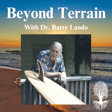
Dr. Tom Cowan on Genetics, Heredity, Education, and Scientific Nonsense
In this episode, we’re joined by Dr. Tom Cowan for a wide-ranging and provocative conversation that challenges many foundational beliefs in modern science and medicine. Through out the episode, Dr. Cowan cleverly gives many examples on the flaws in genetic theory, quantum physics, virology, cell biology, etc. We begin with the simple question: What is health?, and get the most unique answer yet! From there, dive deep into the flaws and limitations of scientific methodology as it's practiced today.
Dr. Cowan exposes the rise of make-believe science, where theories are built without grounding in observable reality. We explore whether we can truly know the truth, and weather it is worth thinking about.
We also explore deeply human questions—What do we tell our kids? How do we raise them in a world built on unstable paradigms? Dr. Cowan emphasizes responsibility in health and life, the power of self-fulfilling prophecies, and how the narratives we operate in affect us.
The conversation takes on big themes like heritable illness, the ongoing nature vs. nurture debate, and the importance of detaching from outcomes when seeking truth. We wrap up by revisiting major problems in science and diving into the misunderstood concepts of the immune system and antibodies.
This episode is both philosophical and practical—an invitation to question, explore, and take ownership of your understanding of health. Don’t miss it.
Keep up with me (socials)
https://www.instagram.com/beyond.terrain/
Our vision at Beyond Terrain is best supported by sharing our work!
Joining our private terrain community is also a wonderful way to support what we do here at Beyond Terrain.
https://beyondterrain.com/beyond-terrain-community/
Learn more from and support our esteemed guest, Dr. Tom Cowan
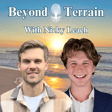
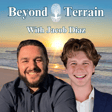
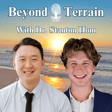
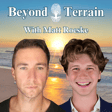

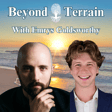
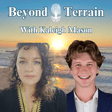

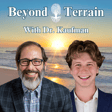


![DNA Doesn't Exist & Genomic Nonsense with Dr. Jerneja Tomsic [Part 2] image](https://media.zencastr.com/cdn-cgi/image/width=112,quality=85/image-files/652933f3a749dc383eb375de/ce5a5fd9-98c9-44fe-9b4b-3d0cd5abcf29.png)





